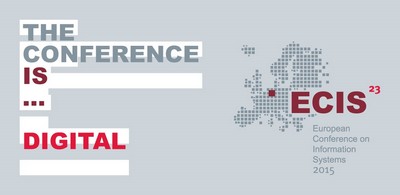Abstract
In the context of Information and Communication Technology (ICT) for development (ICT4D), the capabilities approach raises questions about the best way to generate human development outcomes through the government’s implementation of ICT, responding to specific demands of the people. The capability approach relates development to the improvement of life that people lead and the freedoms they enjoy. This research proposes a conceptual model and four main propositions to explain how government’s implementation of ICT contributes to improved human development. This study takes the perspective that ICT use in government can somehow impact human development, especially if it reflects users’ needs and if it gives to everyone the opportunity and the ability to use technologies to provide a better life for themselves. The contribution of this study is the extending of the ICT4D research and its impact in human development. By including the social context in the model, we emphasize the differences between countries in different levels of development and, especially, the differences between users’ demands in these countries. Also, we will be able to analyse the differences in human development outcomes when government goals reflect citizens' needs.
Recommended Citation
Viale Pereira, Gabriela; Rocha de Oliveira, Leonardo; and Gregianin Testa, Maurício, "Government's Implementation of Information and Communication Technology in Developing Countries: An Analysis of Human Development Outcomes" (2015). ECIS 2015 Research-in-Progress Papers. Paper 42.
ISBN 978-3-00-050284-2
https://aisel.aisnet.org/ecis2015_rip/42


